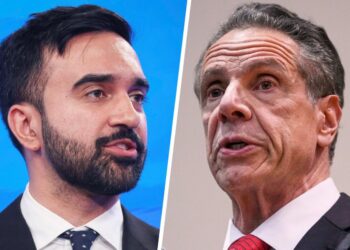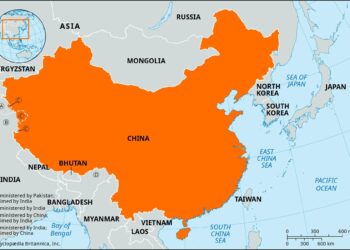BREAKING NEWS
Saint Petersburg is a beautiful city known for its stunning architecture and rich cultural heritage
September 28, 2025
The announcement highlights the capital city that has experienced the most significant growth in property values
September 28, 2025
Data indicates that the growth of rental prices is slowing down in major capital cities
September 28, 2025
Walmart Mexico’s Q3 Profit Drops 9%, Falling Short of Expectations
November 5, 2025
Next
Prev
Saint Petersburg is a beautiful city known for its stunning architecture and rich cultural heritage
Saint Petersburg, renowned for its breathtaking architecture and vibrant cultural heritage, stands as a captivating city that seamlessly blends history ...
Read more






































